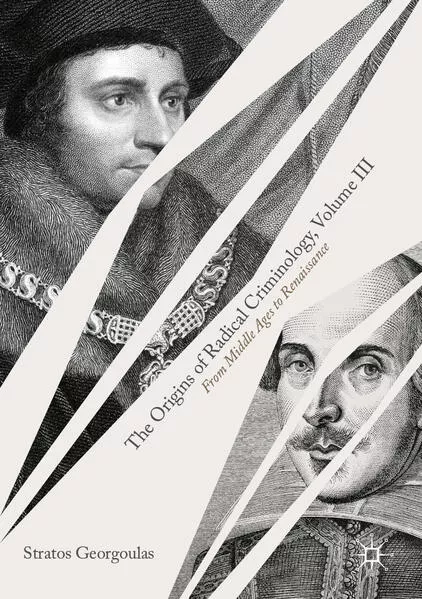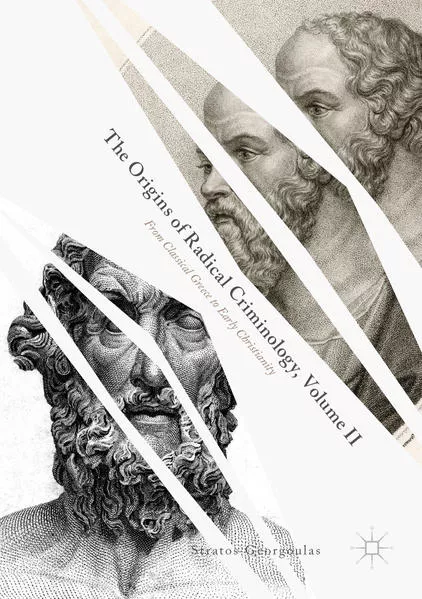
- Publikationen ca: 4
- Gefolgt von 1 Nutzern
- Fragen & Antworten
Georgoulas, Stratos
Stratos Georgoulas is Professor and Deputy Head of the Department of Sociology at the University of the Aegean, Greece. He is recognized in the scientific field of Critical Criminology, winning international awards for teaching in the USA (Fulbright), Canada, Slovakia, Syria, Jordan and Palestine.

The Origins of Radical Criminology, Volume III
This book critically explores the development of radical criminological thought through the social, political and cultural history of the Middle Ages to the Renaissance. It follows on from the previous volume which examined Classical Greece until the emergence of the early Christian movement in the Roman empire.

The Origins of Radical Criminology, Volume III
This book critically explores the development of radical criminological thought through the social, political and cultural history of the Middle Ages to the Renaissance. It follows on from the previous volume which examined Classical Greece until the emergence of the early Christian movement in the Roman empire.

The Origins of Radical Criminology, Volume III
This book critically explores the development of radical criminological thought through the social, political and cultural history of the Middle Ages to the Renaissance. It follows on from the previous volume which examined Classical Greece until the emergence of the early Christian movement in the Roman empire.

The Origins of Radical Criminology, Volume II
This book critically explores the development of radical criminological thought through the social, political and cultural history of three periods in Ancient Greece: the Classical, the Hellenistic and the Greco-Roman periods. It follows on from the previous volume which examined concepts of law, legitimacy, crime, justice and deviance through a range of Ancient Greek works including epic and lyrical poetry, drama and philosophy, across different chapters.